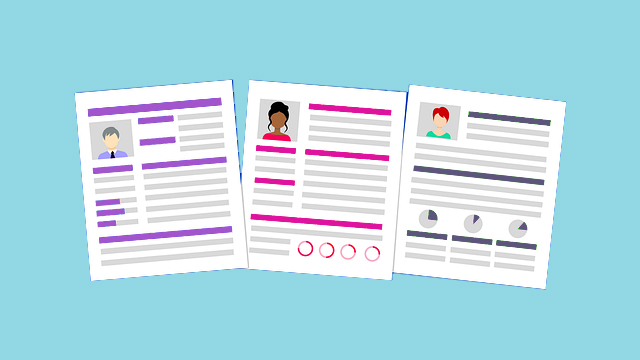 Artificial Intelligence (AI) is a hot topic. It seems like every day there is a new story about AI taking over the world. (Well it’s certainly taking over the media, from business press to TV and all over social media). The doomsayers are telling us our jobs (particularly finance jobs), will soon be gone, and we’ll be replaced by AI. But are they right? Should we be worried, or is it all just a lot of scaremongering?
Artificial Intelligence (AI) is a hot topic. It seems like every day there is a new story about AI taking over the world. (Well it’s certainly taking over the media, from business press to TV and all over social media). The doomsayers are telling us our jobs (particularly finance jobs), will soon be gone, and we’ll be replaced by AI. But are they right? Should we be worried, or is it all just a lot of scaremongering?
Just how clever is it?
First, let’s look at what AI actually is, in today’s real world (not the science fiction world). AI today is a machine (or a bot), with the ability to
- collect huge amounts of data from a specific area of operation
- analyse that data to recognise patterns
- then use those patterns to make a decision or achieve a defined goal.
Notice the use of the words ‘specific’, ‘defined’, etc. here. AI can’t go ‘off-piste’ and make its own decisions in areas that have not been defined, or that it hasn’t been tasked with. It may be able to in the future, of course, but not today.
AI is currently making huge achievements in areas where large amounts of data are collected and analysed to determine patterns etc. Accountancy and financial services is one of those areas, as are, perhaps surprisingly, radiology and law, as well as more obvious roles like banking, stock trading, telemarketing, customer service and more.
The future of work
The ability to process and analyse huge quantities of complex data at high speed means that AI is set to radically change the nature of the modern workplace and modern workforce. Some jobs will no longer need to be done by humans at all. They will be carried out more efficiently by AI instead. Unlike previous workplace ‘revolutions’, in many instances there will not be any need for humans to work alongside the new technology. Mundane processing tasks that currently take hundreds of man-hours will instead be done by AI faster and more efficiently. And of course, AI can run 24/7 continually processing and reviewing.
AI can also learn from its past, to improve its future results. This was proven recently by a Facebook AI project that was shut down when engineers discovered that the AI bots had developed their own language to speak to each other. This was a new language that the human engineers in charge of the project couldn’t easily understand. The bots had developed a quicker, more efficient way to communicate between themselves by applying learnings from their completed actions and processes. Proof indeed that AI can learn as it goes along.
Reading between the lines
However, it’s not all doom and gloom. AI depends heavily on logic and pattern. It currently requires large amounts of good data to form the patterns and algorithms that enable it to work. If there is no data available, or if the data is ‘looser’, not precise, or generally just a bit ‘off’, then AI will struggle with it.
There’s a huge difference between analysing the results of an MRI scan and knowing what impact those results will have on the patient’s emotional state. Similarly, there’s a distinction between auditing a company’s accounts and being able to anticipate how the Board of Directors will receive the bad news from the audit. AI can’t make the nuanced decisions and judgements that human brains carry out as a matter of course, thousands of times a day. If a situation requires a creative approach, critical thinking, subtlety of approach or understanding of what’s there ‘between the lines’, a human will outperform AI every time.
The future for finance jobs
Could it be that the future of AI lies in finding ways to harness its incredible processing speed and power and combining that with the ‘softer’ skills of the human approach? While a scan may be analysed more efficiently and accurately by AI than a radiographer, wouldn’t most people still prefer to hear the news (good or bad), from a person, rather than a machine? And while AI can perform many of the duties of a paralegal, we still need Barristers advocating for us in court. Many accounting processes can be completed with more speed and accuracy by AI, but when it comes to adding value to the business, knowing the people and culture of the organisation and being able to translate the data into human actions, the human accountant definitely wins.
As KPMG Managing Partner – Audit, Duncan McLennan FCA told The AFR in 2016;
“Cognitive enables greater collaboration between humans and systems, so while it’s a game-changer for audit in terms of depth of analysis, it will still require insights from talented people.
We’re being helped, not replaced.”
Artemis Clarke is a specialist financial recruitment agency working with SMEs to source and place the best candidates for your finance team’s needs. Contact us for more information.



